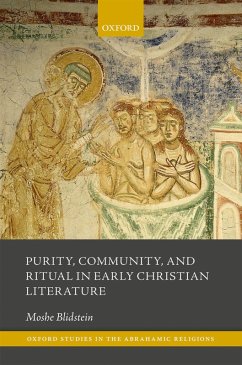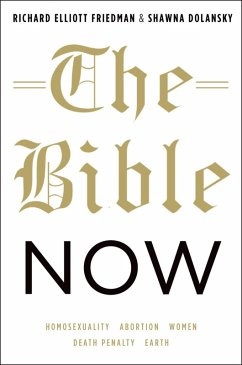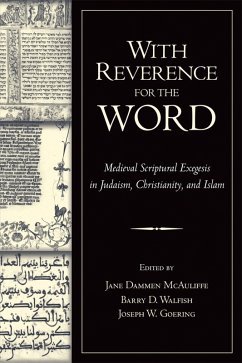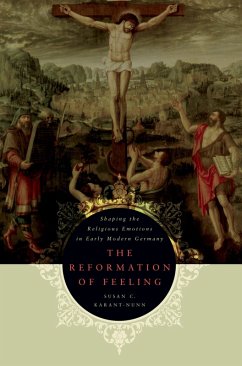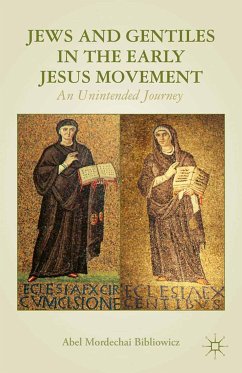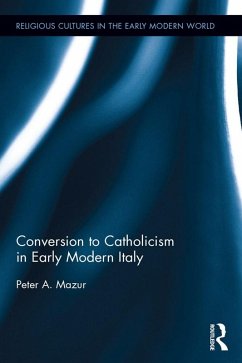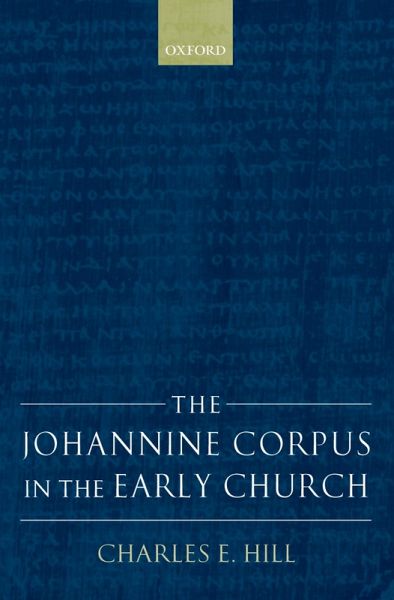
The Johannine Corpus in the Early Church (eBook, PDF)
Versandkostenfrei!
Sofort per Download lieferbar
63,95 €
inkl. MwSt.
Weitere Ausgaben:

PAYBACK Punkte
32 °P sammeln!
How were the Johannine books of the New Testament received by second-century Christians and accorded scriptural status? Charles E. Hill offers a fresh and detailed examination of this question. He dismantles the long-held theory that the Fourth Gospel was generally avoided or resisted by orthodox Christians, while being treasured by various dissenting groups, throughout most of the second century. Integrating a wide range of literary and non-literary sources, this book demonstrates the failure of several old stereotypes about the Johannine literature. It also collects the full evidence for the...
How were the Johannine books of the New Testament received by second-century Christians and accorded scriptural status? Charles E. Hill offers a fresh and detailed examination of this question. He dismantles the long-held theory that the Fourth Gospel was generally avoided or resisted by orthodox Christians, while being treasured by various dissenting groups, throughout most of the second century. Integrating a wide range of literary and non-literary sources, this book demonstrates the failure of several old stereotypes about the Johannine literature. It also collects the full evidence for the second-century Church's conception of these writings as a group: the Johannine books cannot be isolated from each other but must be recognized as a corpus.
Dieser Download kann aus rechtlichen Gründen nur mit Rechnungsadresse in A, B, BG, CY, CZ, D, DK, EW, E, FIN, F, GR, HR, H, IRL, I, LT, L, LR, M, NL, PL, P, R, S, SLO, SK ausgeliefert werden.




